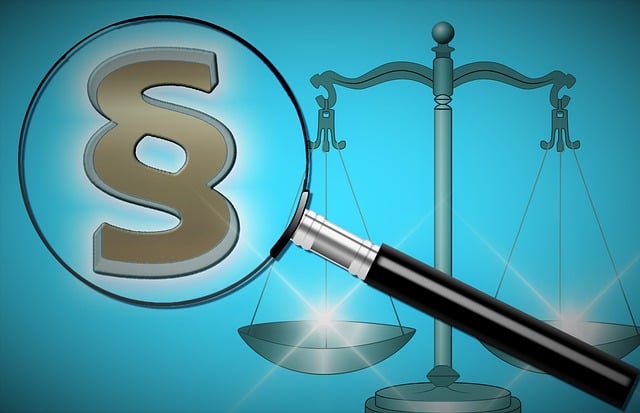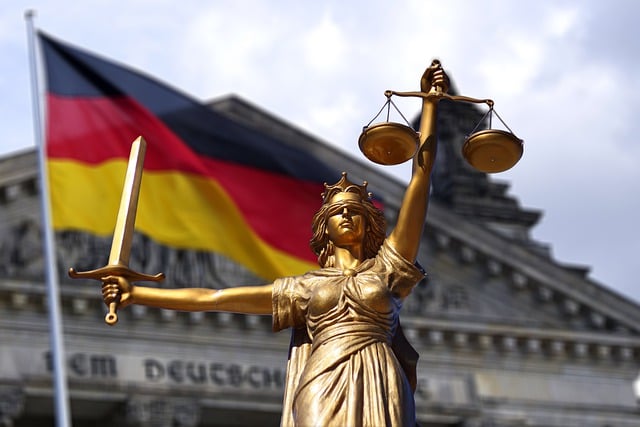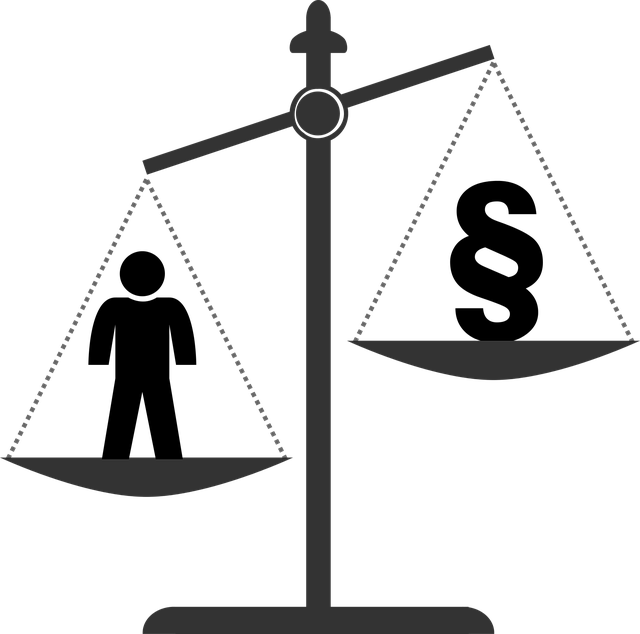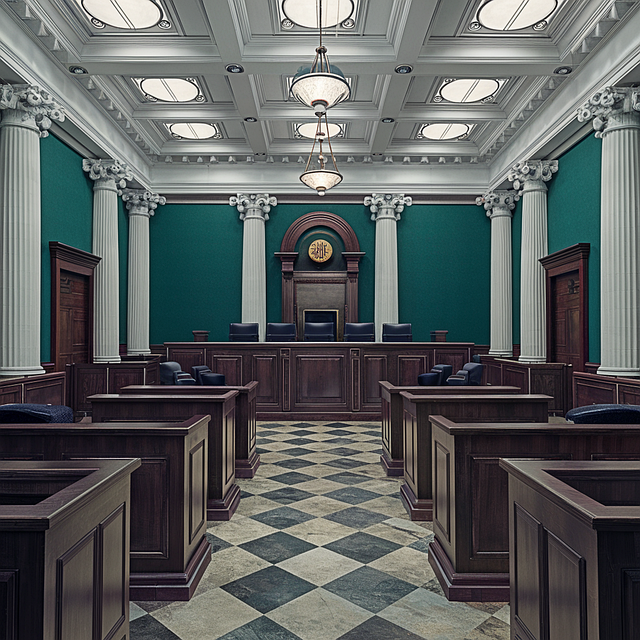The RF Securities Industry Regulation is a dynamic framework vital for maintaining fair markets, protecting investors, and fostering trust. At its heart, voir dire, a meticulous jury selection process, ensures impartiality and prevents bias in criminal trials, crucial for corporate and individual clients. With continuous evolution to match the dynamic financial landscape, regulation governs securities trading, enforces ethical standards, and provides dispute resolution guidelines, contributing to market stability and economic strength. Enhanced voir dire processes, supported by data analytics and AI, are key strategies to mitigate biases, maintain integrity, and protect investors' interests.
“The RF Securities Industry Regulation stands as a cornerstone for maintaining fair markets, transparency, and accountability. This article delves into three pivotal aspects. Firstly, we explore ‘Understanding RF Securities Industry Regulation’ as the foundation for ethical trading. Secondly, we highlight the ‘Role of Voir Dire in Ensuring Justice’, emphasizing its crucial process in criminal trials. Lastly, we discuss ‘Challenges and Future Directions’ to enhance further securities regulation, with a specific focus on improving transparency and accountability. The importance of voir dire in criminal trials is underscored throughout.”
- Understanding RF Securities Industry Regulation: A Foundation for Fair Markets
- The Role of Voir Dire in Ensuring Justice: A Crucial Process in Criminal Trials
- Challenges and Future Directions: Enhancing Transparency and Accountability in Securities Regulation
Understanding RF Securities Industry Regulation: A Foundation for Fair Markets

The RF Securities Industry Regulation is a cornerstone in ensuring fair and transparent markets. It encompasses a comprehensive framework designed to protect investors, maintain market integrity, and foster trust. At its heart lies a meticulous process known as voir dire, which plays an pivotal role, especially in criminal trials. Voir dire, involving thorough questioning of potential jurors, helps in selecting impartial and unbiased individuals, thereby avoiding the risk of indictment based on biased perceptions or preconceived notions. This is crucial for ensuring that corporate and individual clients alike are judged solely on the merits of their cases.
Across the country, the regulation continues to evolve, reflecting a dynamic financial landscape. It dictates how securities are traded, ensures compliance with ethical standards, and provides guidelines for dispute resolution. By upholding these regulations, markets remain stable, encouraging investment while safeguarding against fraudulent activities. This, in turn, strengthens the economic fabric, enabling corporate entities and individual investors to navigate complex legal environments with confidence.
The Role of Voir Dire in Ensuring Justice: A Crucial Process in Criminal Trials
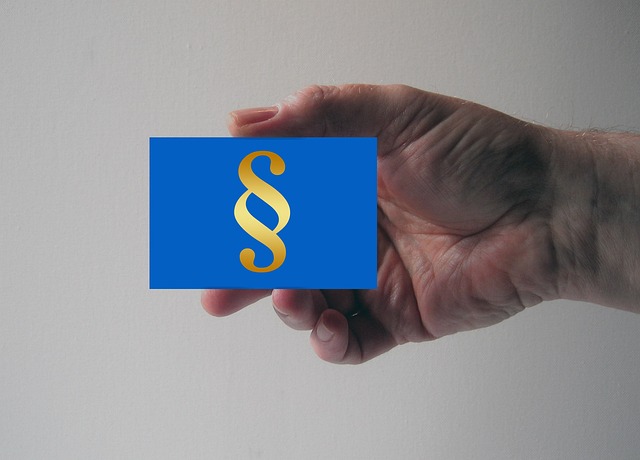
Voir dire plays a pivotal role in ensuring justice during criminal trials. This process involves questioning potential jurors to determine their impartiality and suitability for a particular case. It’s a crucial step that helps ensure a fair and unbiased jury, which is essential for a just outcome. By delving into the backgrounds, experiences, and opinions of prospective jurors, attorneys and judges can assess their ability to set aside personal biases and render decisions solely based on the evidence presented in court.
The importance of voir dire extends beyond individual trials; it’s a foundational element in maintaining public trust in the justice system. Effective voir dire promotes equality and fairness across the country, ensuring that all stages of the investigative and enforcement process are free from undue influence. This democratic principle is further supported by the participation of philanthropic and political communities, who actively engage in reforms that strengthen the integrity of our legal system, thereby reinforcing public confidence in our criminal justice institutions.
Challenges and Future Directions: Enhancing Transparency and Accountability in Securities Regulation

The securities industry faces ongoing challenges in maintaining transparency and accountability, crucial aspects for fostering public trust. As regulatory bodies navigate complex landscapes, adapting to evolving market dynamics is essential. One key strategy lies in strengthening the voir dire process during criminal trials. This involves meticulous scrutiny of potential biases and conflicts of interest, ensuring fair representation for both corporate and individual clients across the country. By enhancing voir dire, regulators can prevent systemic issues and ensure that decisions are unbiased, thus maintaining the integrity of the securities market.
Looking ahead, technology plays a pivotal role in modernizing regulatory practices. Implementing advanced data analytics and artificial intelligence tools enables regulators to detect patterns and anomalies, facilitating proactive oversight. This technological edge is particularly vital in combating fraudulent activities and ensuring compliance across diverse financial sectors. With these strategic enhancements, the industry can strive for greater transparency, strengthen accountability measures, and ultimately safeguard investors’ interests.
In conclusion, a robust regulatory framework, such as RF Securities Industry Regulation, is essential for maintaining fair and transparent markets. While significant progress has been made, challenges remain, particularly in enhancing accountability. The role of processes like voir dire in criminal trials cannot be overstated; they ensure justice by rigorously scrutinizing potential jurors, fostering an environment where every individual is treated fairly. Moving forward, continued emphasis on transparency and innovative approaches to regulation will be vital to addressing emerging issues and maintaining public trust in the securities industry.

